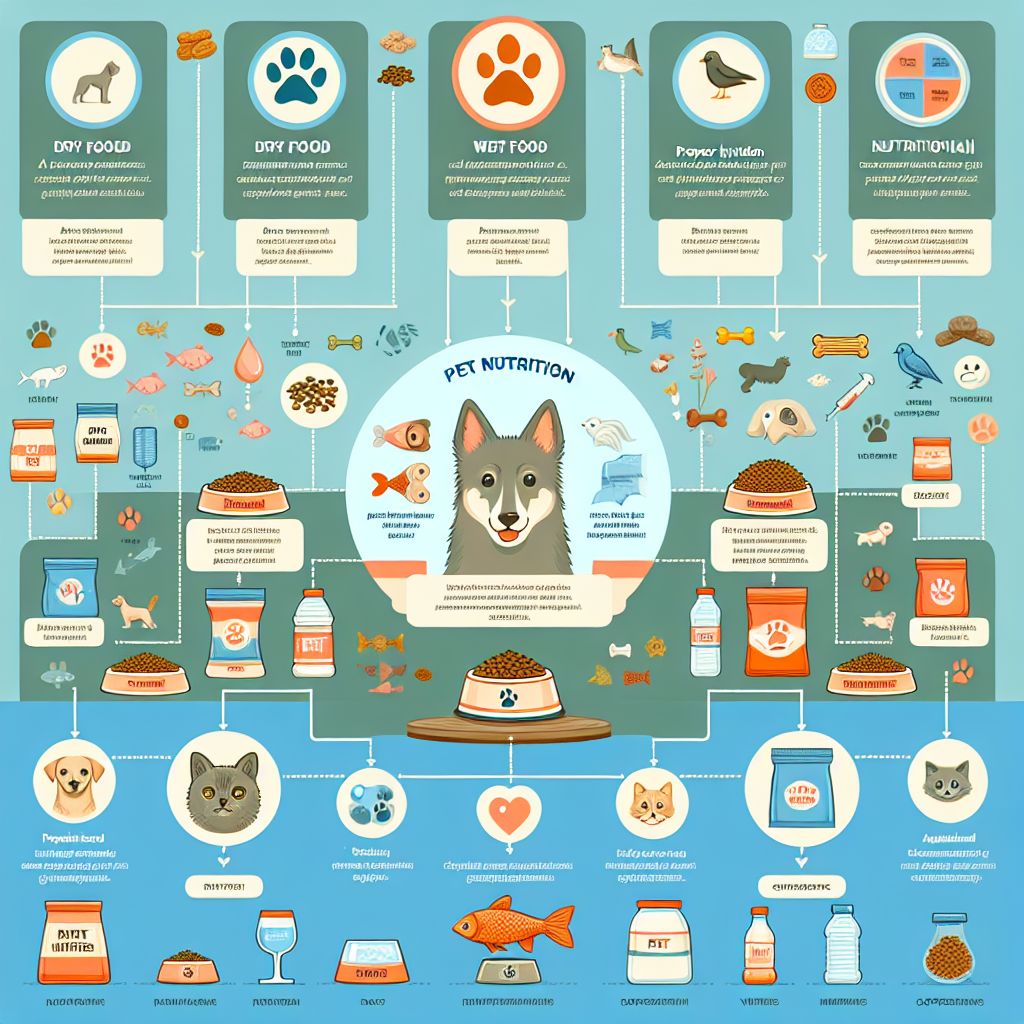As pet owners, we want to provide the best care for our furry friends, and that includes choosing the right food for them. With so many options available on the market, it can be overwhelming to decide which one is best for your pet. That’s why it’s important to understand pet nutrition and consult with your vet to create a feeding routine that meets your pet’s specific needs.
Understanding Pet Nutrition
Pet nutrition is essential for your pet’s overall health and well-being. Just like humans, pets require a balanced diet that provides all the necessary nutrients to support their growth, energy levels, and immune system. When choosing a pet food, look for options that are formulated by veterinarians and meet the nutritional standards set by organizations like the Association of American Feed Control Officials (AAFCO).
Consult with Your Vet
Your vet is an invaluable resource when it comes to understanding your pet’s dietary needs. They can help you determine the best type of food for your pet based on factors like age, breed, weight, and any existing health conditions. Your vet can also recommend specific brands or formulas that align with your pet’s nutritional requirements.
Creating a Feeding Routine
Establishing a feeding routine is crucial for maintaining your pet’s health and preventing overfeeding or underfeeding. Most vets recommend feeding adult dogs twice a day and puppies three to four times a day. Cats typically do well with free-feeding or scheduled meals throughout the day.
When creating a feeding routine, consider factors like portion size, meal frequency, and any dietary restrictions or preferences your pet may have. It’s also important to monitor your pet’s weight and adjust their food intake as needed to prevent obesity or malnourishment.
Choosing the Best Food
When selecting a pet food, look for options that contain high-quality ingredients like real meat, whole grains, fruits, and vegetables. Avoid foods with artificial preservatives, colors, or fillers that offer little nutritional value. Consider factors like your budget, brand reputation, and any special dietary requirements when making your decision.
Remember that what works for one pet may not work for another, so be open to trying different brands or formulas until you find one that suits your pet’s needs. And always consult with your vet before making any significant changes to your pet’s diet.
In conclusion, understanding pet nutrition is essential for providing optimal care for your furry friend. By consulting with your vet, creating a feeding routine tailored to your pet’s needs, and choosing high-quality food options, you can ensure that your pet stays healthy and happy for years to come.
